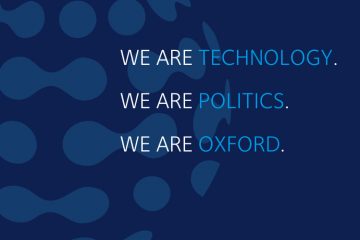
Anonymity in the Age of Ubiquitous Facial Recognition
Facial Recognition Technology will have a severe impact on society in the future, resulting in a loss of anonymity for everybody. The Russian artist Egor Tsvetkov demonstrated with an experiment that it is already possible today to identify random people on the metro by just using their photos and a facial recognition app. Currently this was done by processing images afterwards with face search and augmenting it with human verification, but it is not difficult to imagine every cell phone or connected car being able to identify anyone’s face and perform a search on the web within less than a second. Instead of classical fears of big brother’s mass surveillance, there might be technology ready for peer-to-peer mass surveillance. The …

Welcome to E-Estonia, the tiny nation that’s leading Europe in digital innovation
Big Brother does “just want to help” – in Estonia, at least. In this small nation of 1.3 million people, citizens have overcome fears of an Orwellian dystopia with ubiquitous surveillance to become a highly digital society. The government took nearly all its services online in 2003 with the e-Estonia State Portal. The country’s innovative digital governance was not the result of a carefully crafted master plan, it was a pragmatic and cost-efficient response to budget limitations. It helped that citizens trusted their politicians after Estonia regained independence in 1991. And, in turn, politicians trusted the country’s engineers, who had no commitment to legacy hardware or software systems, to build something new. This proved to be a winning formula that …

Data for Policy: Data Science and Big Data in the Public Sector
How can big data and data science help policy-making? This question has recently gained increasing attention. Both the European Commission and the White House have endorsed the use of data for evidence-based policy making. Still, a gap remains between theory and practice. In this blog post, I make a number of recommendations for systematic development paths. Research trends shaping Data for Policy ‘Data for policy’ as an academic field is still in its infancy. A typology of the field’s foci and research areas are summarised in the figure below. Besides the ‘data for policy’ community, there are two important research trends shaping the field: 1) computational social science; and 2) the emergence of politicised social bots. Computational social …










